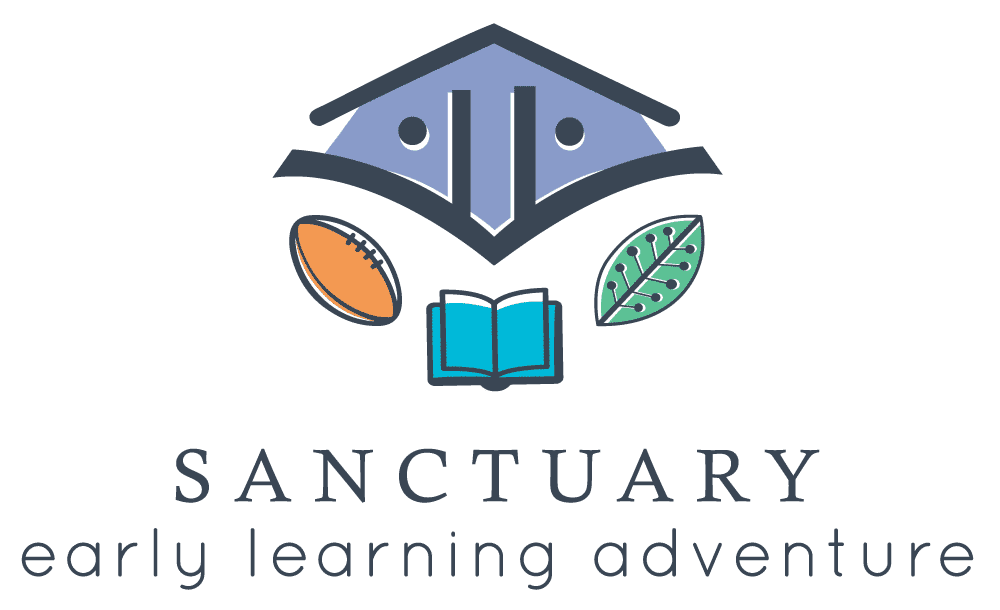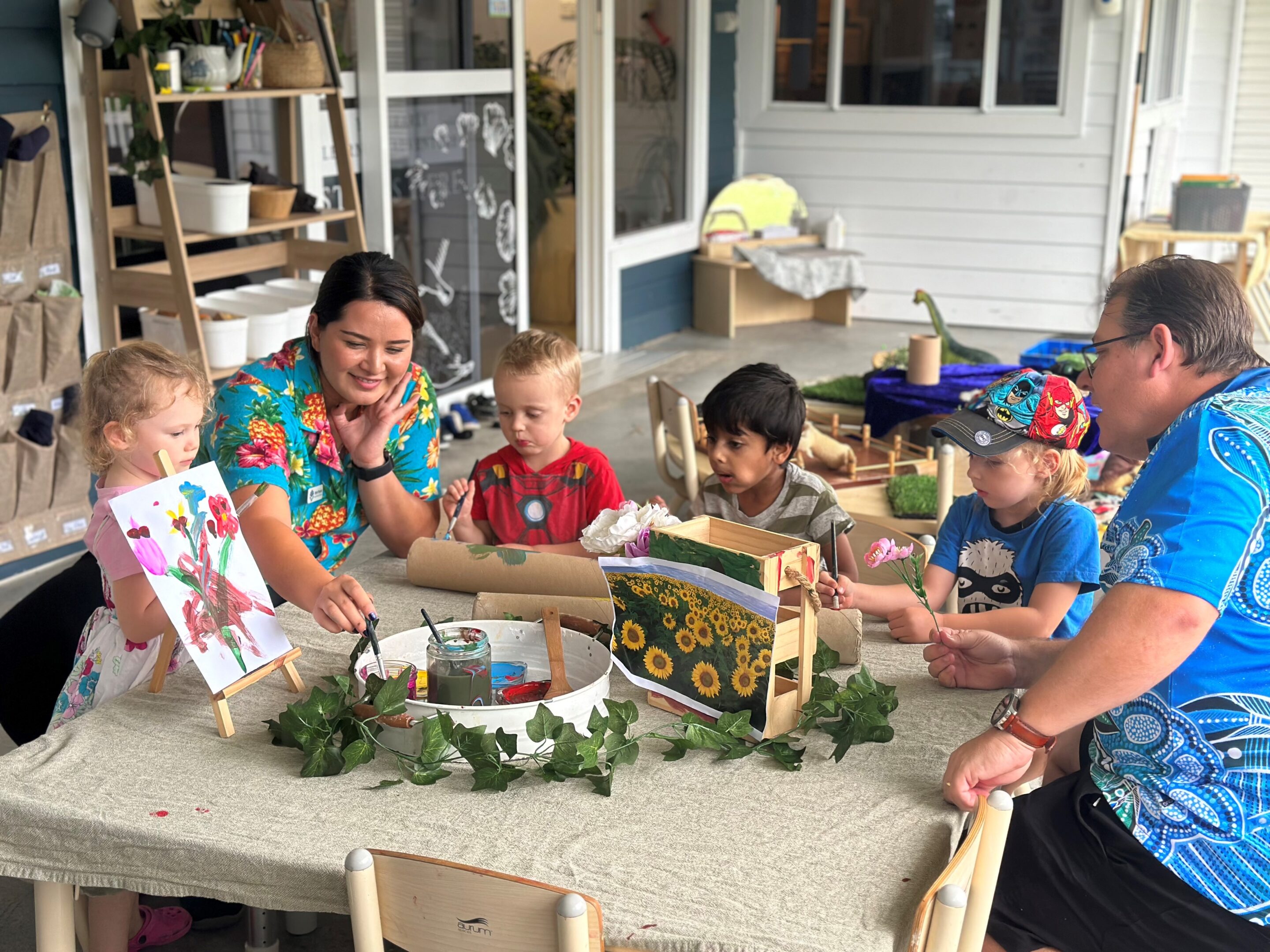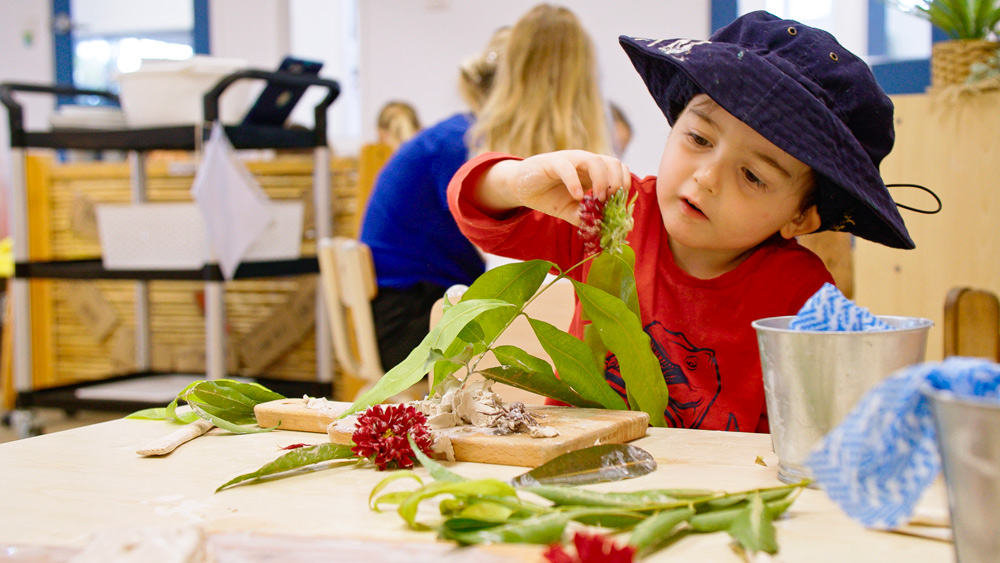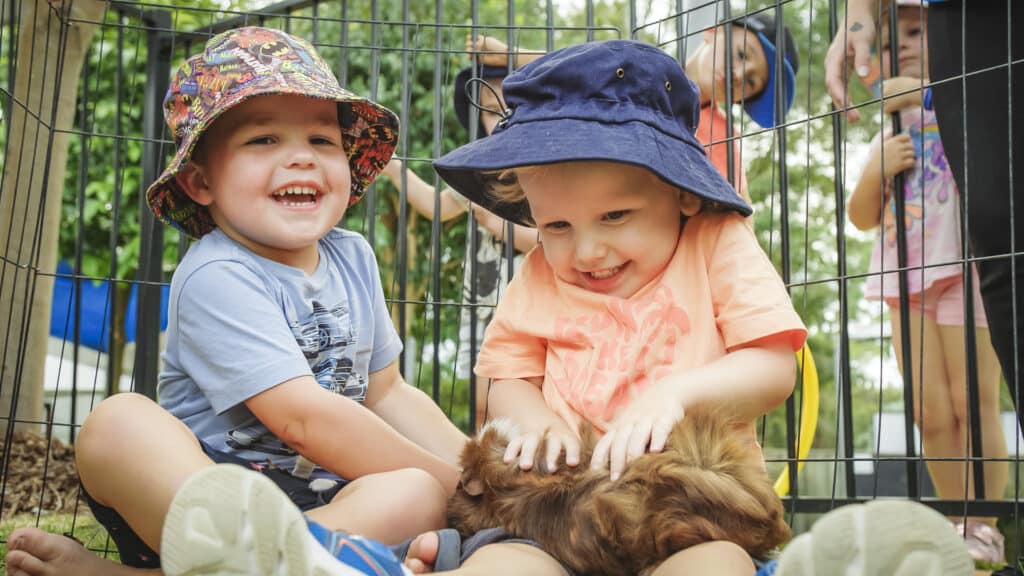
Navigating the complexities of early childhood education may seem overwhelming. Frameworks like the EYLF not only provide parents with a clear path for guiding children but also offer a deeper insight into the development process.
The EYLF isn’t just a guide—it’s a holistic approach to early childhood education shaped by a comprehensive understanding of children’s developmental needs and the best educational practices. Let’s take a closer look at the fundamental principles of this framework.
Key philosophies of the EYLF
The framework revolves around five integral principles that highlight the importance of:
- Play-based learning: Recognising children learn best when they’re engaged and having fun, play-based learning leverages this natural inclination.
- Cultural competence: It helps acknowledge and respect the different cultures contributing to our rich society and instil these values in children.
- Holistic development: Going beyond just academic achievements, the EYLF focuses on nurturing every aspect of a child’s growth, be it emotional, physical or intellectual.
- Collaboration with families: Families play a central role in a child’s life and the framework emphasises strong educator-family partnerships to meet the unique needs of every child.
- Respect for diversity: It teaches children to understand, respect and appreciate differences.
The three pillars of the EYLF
A deeper look into the EYLF reveals three foundational pillars:
- Being: This pillar reminds us that every moment in a child’s life is worth celebrating. It’s not always about the next milestone but about cherishing the present.
- Belonging: By understanding intricate relationships and the role each one plays. Children learn the value of community, relationships and their unique place within these structures.
- Becoming: As children grow, they’re constantly evolving, adapting and learning. This pillar emphasises the transformative journey of childhood and the vast potential it holds.
Detailed outcomes of the EYLF
With the EYLF’s guidance, every child is empowered to reach specific, tangible outcomes:
- A strong sense of identity: Helping children understand who they are, fostering self-confidence and recognising their uniqueness.
- Connection with the world: Instilling a sense of responsibility and understanding about the broader world.
- A strong sense of well-being: Ensuring children are mentally, emotionally and physically healthy, ready to tackle challenges head-on.
- Confident and involved learning: Encouraging active participation in the learning process and instilling a curiosity for discovery.
- Effective communication: Equipping children with the skills to express themselves, listen actively and interact meaningfully with others.
The role of educators in EYLF
Educators aren’t just facilitators—they’re active contributors to a child’s learning journey:
- Designing learning activities: Creating experiences that resonate with children, capturing their imagination and fuelling their curiosity.
- Observing and enhancing: Constantly assessing children’s engagement, understanding their needs and refining approaches for optimal learning.
- Recognising individuality: Every child is unique and educators tailor their approaches to cater to individual learning styles, strengths and areas of improvement.
- Family Collaboration: Regular communication with families ensures alignment with educational goals, reinforcing learning both in educational settings and at home.
How EYLF Values Learning Environments
The environment plays an instrumental role in the Early Years Learning Framework. It’s not merely a backdrop but an active participant in a child’s learning journey:
- Inclusive and Adaptive Spaces: Every child, irrespective of their background or abilities, deserves a space where they feel welcomed, safe and engaged. The EYLF promotes designing environments that are not only accessible but also adaptive.
- Interactive Learning Zones: Environments under the EYLF aren’t just spaces to occupy but are brimming with interactive zones. From sensory corners to play areas, these spaces stimulate minds and invite children to delve deeper, ask questions and seek answers.
Understanding and optimising the role of the environment within the EYLF ensures the physical spaces become dynamic areas of exploration, discovery and growth for every child.
Feedback, Assessment and Continuous Improvement
The EYLF isn’t static; it’s designed to evolve:
- Regular Feedback: Encouraging families to provide feedback, ensuring the framework’s relevance and effectiveness.
- Assessing Child’s Progress: Rather than traditional testing, the EYLF promotes observational assessments, portfolios and documentation of children’s work to understand their progress.
- Professional Development: Educators are encouraged to continually upskill, ensuring they’re up-to-date with the latest developments in early childhood education.
The Importance of the EYLF in a Broader Context
Understanding the EYLF is paramount as it not only shapes early childhood education but also paves the way for future educational methodologies. This framework acts as a benchmark, ensuring every child, regardless of background, has access to quality education that cherishes the present while preparing them for the future.
Nurturing Every Facet of Your Child's Growth
At Sanctuary Early Learning Adventure, our curriculum is guided by the Early Years Learning Framework (EYLF). With a number of engaging initiatives, like the Green Team and Forest School, we ensure that learning is both immersive and enjoyable. Join us on this enriching journey and ensure your child’s foundational years are filled with learning, joy and growth.
